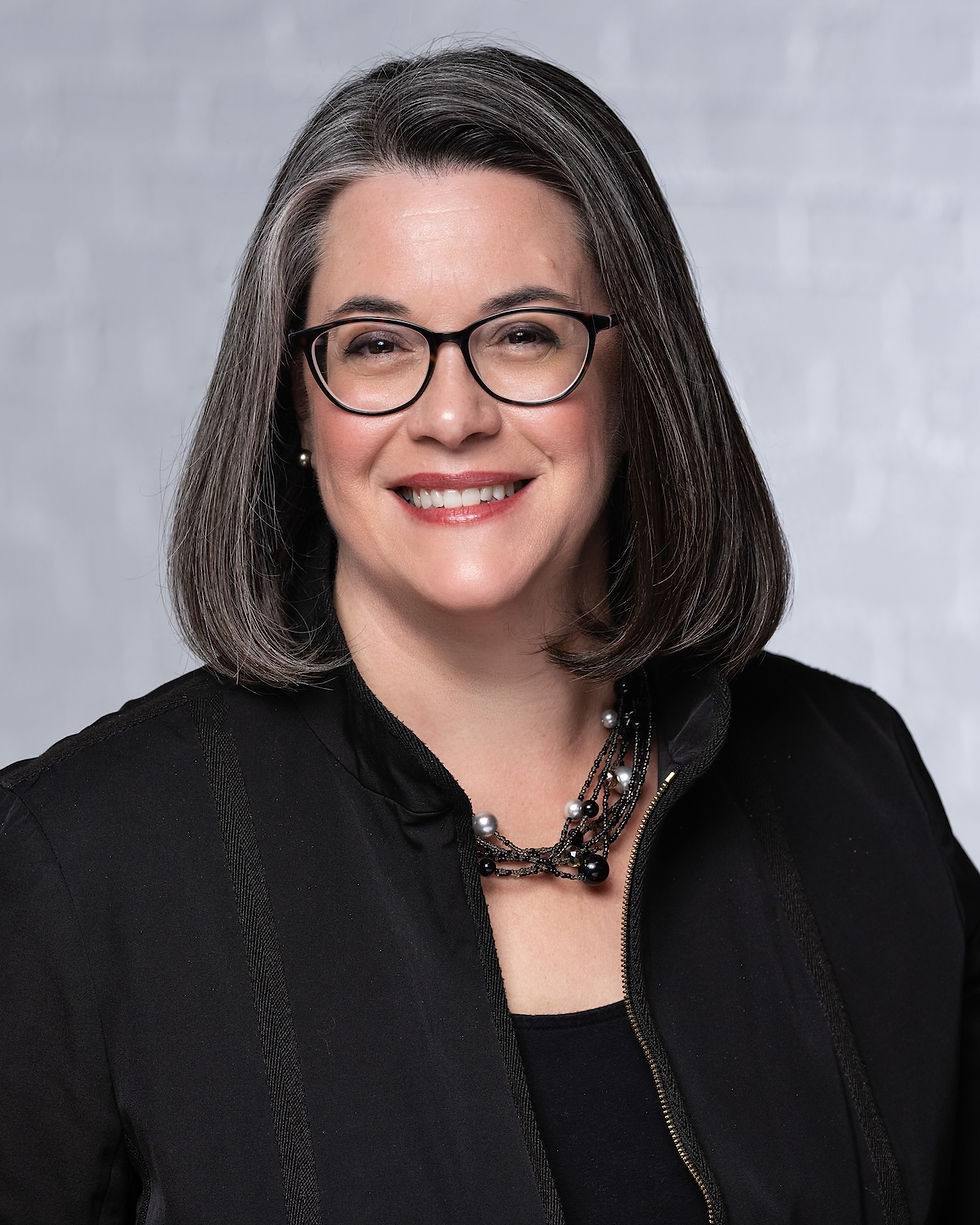Volunteer Profile: Ezra Gordon
- andymlowen
- Jan 1, 2021
- 2 min read
Through Ezra's volunteer engagement, working with dedicated, dynamic people bringing meaningful impact to organizations, he's discovered some key ingredients for a successful project.

CCT Role: Previous Chair of the Infrastructure Committee, putting in place the technology and information systems that project teams and Board committees rely on for online collaboration, accepting applications, maintaining volunteer and client records, and archiving history
Volunteer since: 2009
MBA: Tuck School of Business @ Dartmouth
CCT projects: Springstep, Containers2Clinics, Mass Design, The Genesis Fund
How did you discover CCT?
In business school, I led Tuck Student Consulting Services, an organization which served a mission similar to CCT. Based on that experience, I knew that CCT would be a fun and rewarding way to give back to my community.
Describe your CCT experience:
I have enjoyed the opportunity to work with such dedicated, dynamic people and to make a meaningful impact in organizations that are contributing to our community. At every project kickoff meeting, I have been drawn in by both the diverse skillsets of my new team and their palpable excitement to help our client succeed. As a Board member, it has been a pleasure to work alongside devoted colleagues to build CCT’s capabilities and enable our teams for success.
What have you learned are the critical ingredients to having a successful project outcome?
CCT teams cover a diverse array of interesting topics, but the key ingredients for success are very consistent:
1. A clear, limited scope ensures the team can get traction early. Often, clients have several issues they need help with, so the most impactful projects have been carefully focused by our client development team, project managers, and clients.
2. Highly engaged clients, project managers and team volunteers are critical. CCT clients tend to be bustling organizations, so those clients who prepare to set aside the time to produce a clear picture of the organization, send data, answer questions, and give the team feedback are the ones that end up with the most transformative insights.
3. Similarly, the CCT consulting team members have to balance demanding work and family schedules with their CCT project. Volunteer ownership of deliverables, clear communication, and action-focused meetings maximize the team’s contribution.
Finally, I’d be remiss if I didn’t put in a plug for the infrastructure that CCT is creating for its teams! Although the most successful CCT projects start with several in-person meetings to allow the team to gel, there is always some level of online collaboration. CCT has worked hard to arm its consulting teams with a few simple tools for efficient collaboration: a shared calendar, a place to store documents, and some links to online survey sites and other important resources.
Has your volunteer experience helped you in your professional life?
CCT is invaluable for developing all kinds of professional skills: strategic planning, execution across small teams, project management & leadership. Shaping and implementing CCT’s strategy as a board member has been another rewarding learning experience.
What don't we know about you?
Professional Background: Strategy & Operations, Entrepreneurship, Management Consulting, Marketing.
Nonprofit Focus: Energy, Environment, Health, Arts.
Personal: I love being active. Depending on the season, you will find me biking, running, sailing, skiing, or playing hockey.




Comments